Peace! Labour! May! Famous sambists tell us about how they work hard while training
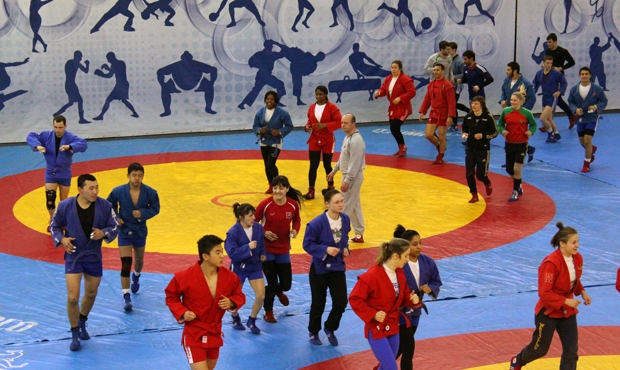
A worker makes his living at the bench, a manager, in the office, a sambist, in training. What unites them is the result. The more labour is invested in the right direction, the greater results are to be expected. Especially for the first day of May, Labour Day here in Russia, we re-read the interviews published on the FIAS website and found sambists' statements about how they work to achieve success.
Stanislav Kolbasov (Belarus), world champion in combat sambo:
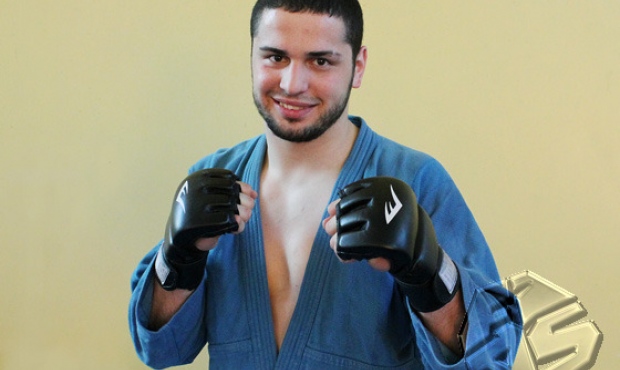
“I live in the country, so I spend many hours to get somewhere each day. That’s why I try to contribute the majority of time to training sessions, especially while preparing for major tournaments. However, friends are offended that I don’t find time for them”.
Anna Kharitonova (Russia), world and European sambo champion and the winner of the Universiade:
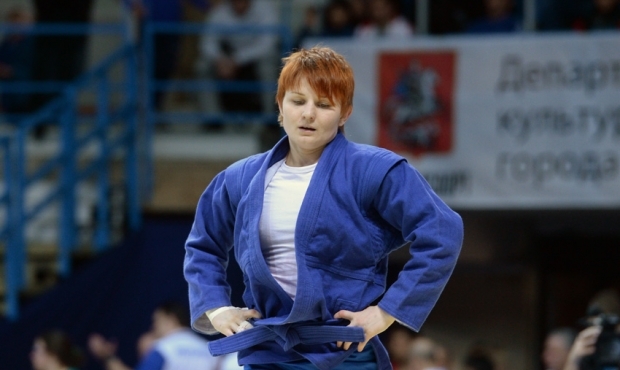
“Among girls, who long time attend sambo and members of Team of Russia, there are real professionals of leg submission hold. They learned me a lot, plus qualified help of coachers who have worked with us in training camps. In par terre position I wrestled successfully, but now I was overfilled with proud that I could so quickly and successfully expand the arsenal of techniques bringing victory”.
Oleg Taktarov (Russia), a master of sports in sambo, world champion in "ultimate fighting", Russian and Hollywood actor:
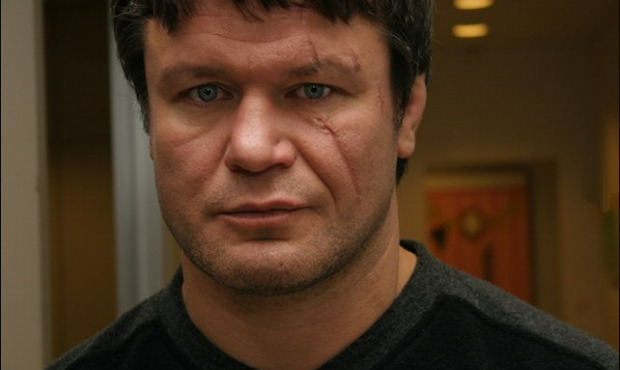
“I train as I used to do in youth, i.e. for two hours, but I do not get tired as previously, and I have not lost any movement to anyone both in Los-Angeles and in Moscow. My experience may be the reason. It’s useful to lift weights, as it helps to keep ligaments in good shape. I try to exercise all muscle groups. But I prefer to train with free weights: push-ups, pull-ups, abs exercises, etc.
The main part of success is to ignore difficulties. If something goes wrong, it does not mean failure in future. One need to do one's stuff and learn from mistakes. Besides, I like what I do and this is my cup of tea”.
World and European sambo Champion Stepan Popov (Belarus):
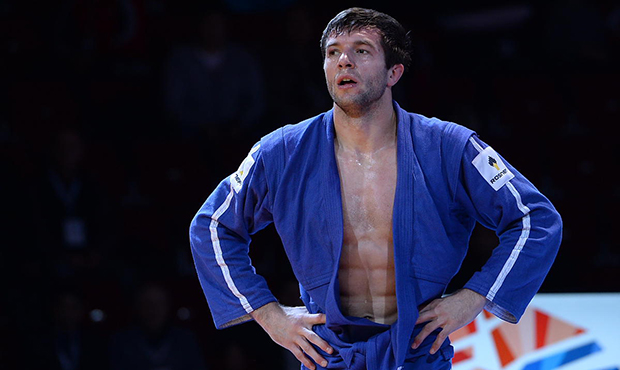
“I used to find the pleasure for myself to take someone after training sessions and practice techniques for half an hour or an hour. I and Alexey Stepankov, the European champion, grew up in such a way. Both of us didn’t have results then – after training sessions we started just fooling around: we continued fighting for 15-20 minutes. And it last throughout the year. As a result, first he became the European champion, and then I did”.
Svetlana Galyant (Russia), eight-time sambo world champion, deputy of the Legislative Assembly of Kamchatka region:
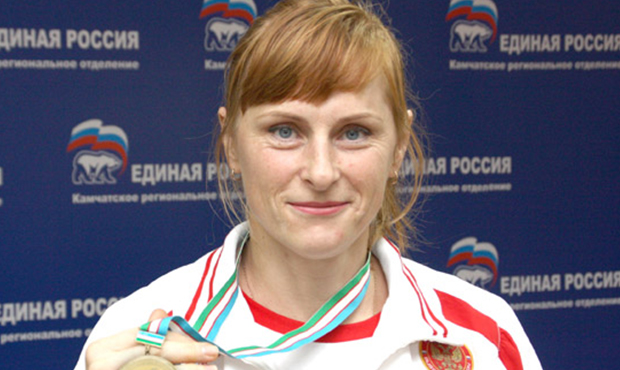
“My favorite hobby is coaching activities. It’s nice to train children when their eyes burn with the desire to be the best in the business. I try to instill the feelings to SAMBO, that I have, that is, to strive for excellence and be the best at what they do.
A child engaged in SAMBO, in my opinion, is more “wellfixed”. As he also acquires communication, healthy and beautiful body and purpose in life with SAMBO. So, this child becomes beautiful, healthy and smart. What else is needed for the education of this personality?”.
One of the leaders of the national sambo team of Morocco Maruan Ulhazh:
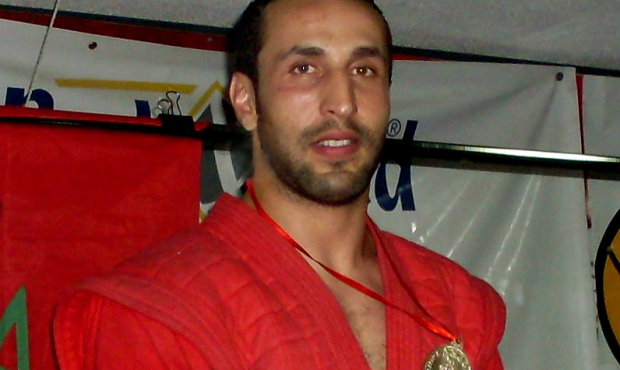
“As long as I have the opportunity, I will practice this exciting combat sport. As far as plans for the more distant future, I would like to study the methodological part of SAMBO to be familiar with the sport from a theoretical point of view, and thus improve the level of SAMBO in Morocco and Africa”.
Irina Rodina (Russia), eleven-time sambo world champion:
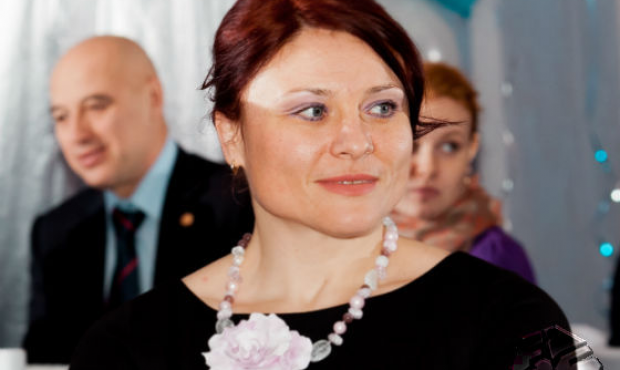
“I was probably training well in my youth as the obtained background gives me today a chance to perform and show results in more attenuated mode. It is probably because of sport, where I have achieved some results, I know that nothing comes easily in life. You have to necessarily strain after something and work a lot. Only then there will be a result. In my opinion, aspiration, persistence and hard work are the qualities which sport has cultivated in me”.
Khavashi Sofian (Tunisia):
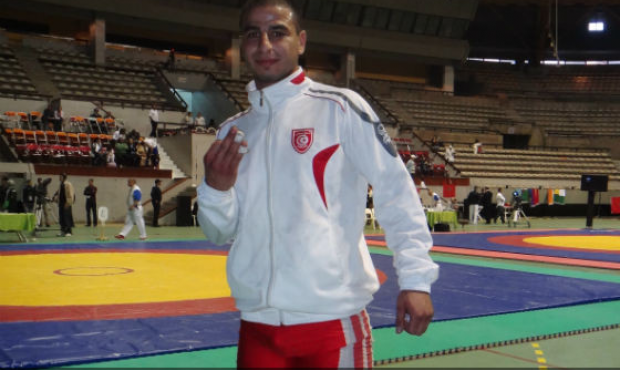
“Since we do not have a special sambo hall, now I work out in the hall for judo. Unfortunately, there are some administrative obstacles to be overcome in order to practise sambo. But I cope with it”.
Alexandr Pushnitsa (Russia), nine-time champion of the USSR, seven-time champion of Russia, two-time European champion, three-time world champion, European champion among veterans, Honored Master of Sports:
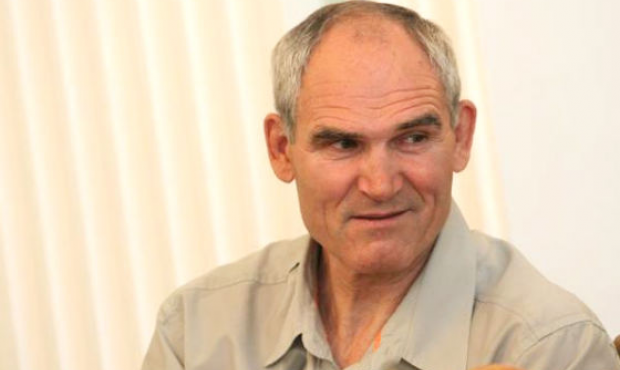
“I am often asked what necessary for children to rise as brightly as you did is. Self-control – is the most important quality for everyone but the more for an athlete. If a person sets a goal and a task, he has to accomplish it regardless of the situation and prevailing circumstances. He is responsible for it. Of course there is a coach and something else. But in any way everything depends on the athlete. When the goal is set and accomplished, you don’t notice any difficulties”.
Yaiza Jimenez Lopez, Spain
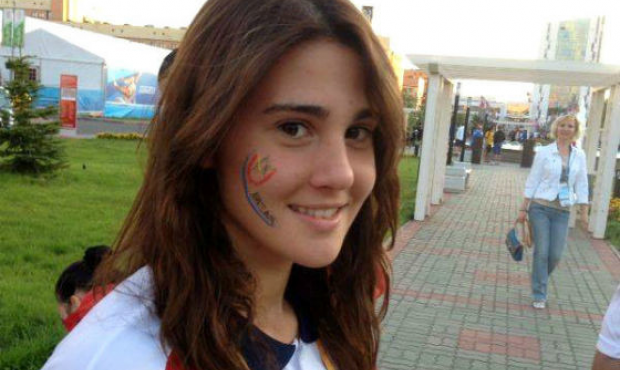
“I train at my club every day, except weekends, when we go to the center of sports training to supplement our training sessions. Punctuality, persistence, self-sacrifice and a strong desire are necessary to train in this mode”.
Valery Nikitich Rukhledev (Russia), numerous champion and medalist of the USSR, European and world sambo and judo championships, six-time champion of the World Games of the Deaf ("Surdoympics") in freestyle and Greco-Roman wrestling.
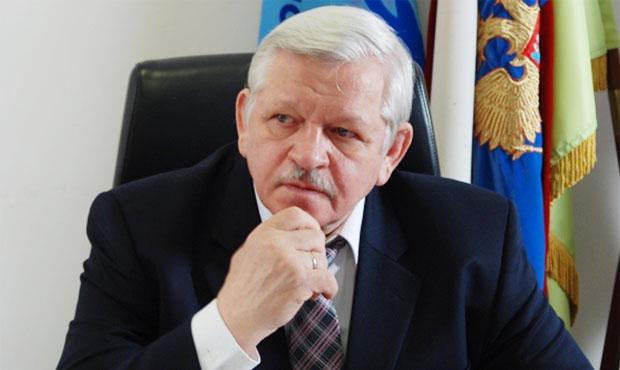
“At the Dynamo Society I began to work with a honoured coach Robert Samvelovich Babayants. Here a lot of athletes trained who later defended the honor of the country at the international competitions. Usually at training sessions they ran down the path that led from the stadium to the sea. Ten times downhill and uphill. Then played football and certainly – a sauna. Hence I love sauna for a lifetime.
Babayants had a favorite saying: “Power is good, tactics is good but technique is better!”. He always noticed when his wards didn’t work hard on technique at the training session. “How many lifts did you do?” - was his usual question to athletes at each training session”.
Laura Fournie, France
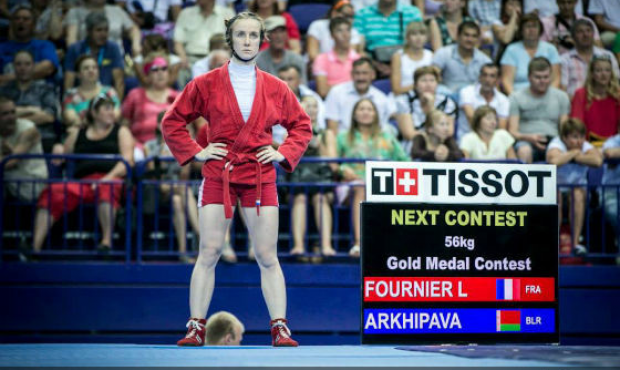
“I work out in Montpellier together with Guillaume Alberty. I work out every evening, 2 times in judo, 2 times in SAMBO, and cardiovascular training or weight training. I have continuous access to the training hall, furthermore, public stadiums are very suitable for exercises. I go the training hall to my fitness coach Munir Mu to do weight trainings”.
Victor Sebayos Leone, Ecuador
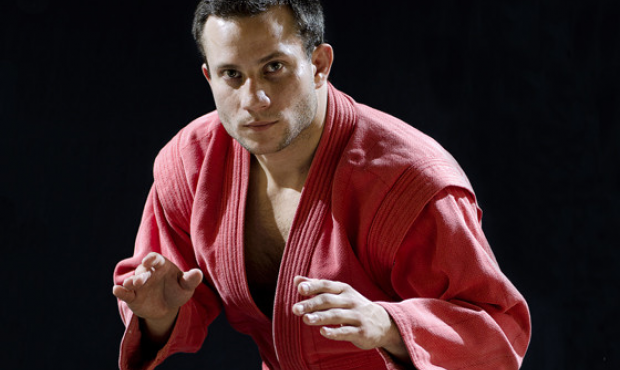
“There are a few private clubs for training in Ecuador. My schedule is not very flexible, and the place of my workout always depends on my schedule. Mood and qualities are the basic conditions, but I think the place where you are working out and your “mat” comrades are even more important factors”.
Maria Guedez (Venezuela):
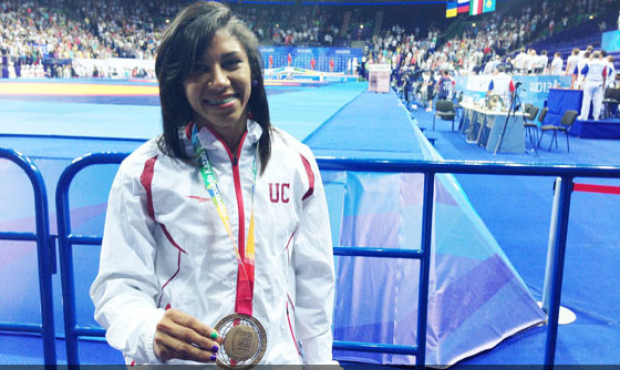
“I train in the city of Valencia, Carabobo, in the La Cocuicita Club. Our Club has brought the highest number of international SAMBO awards to Venezuela: a total of 14 medals at the international competitions. Our training conditions are not the most suitable yet, but we cope. I would like to take this opportunity to thank Mr. Shestakov,the FIAS President, separately for helping our club with SAMBO uniform, as it’s impossible to find a uniform for practicing SAMBO in Venezuela”.
Natik Bagirov (Belarus). Multiple world champion in sambo and winner of the world championships in judo, performed at the Olympics himself, then brought an Olympic gold to Belarus in the rank of a coach:
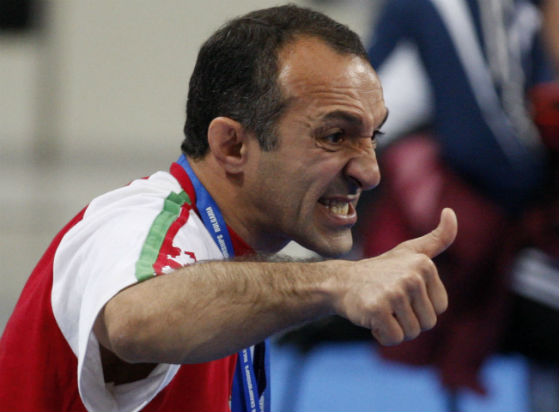
“Of course, I spend a lot of time training him but the main work is done by the coaches of the national team. Vladimir Posledovich, his first coach, is always with him. For many years I have been trying to do my best at supervising practices and at assisting. I had been coaching sons since early childhood, from physical training to judo and SAMBO. They signed up for sports club, started to wrestle and started to show quite good results at it”.
Даниэла Хондю (Румыния):
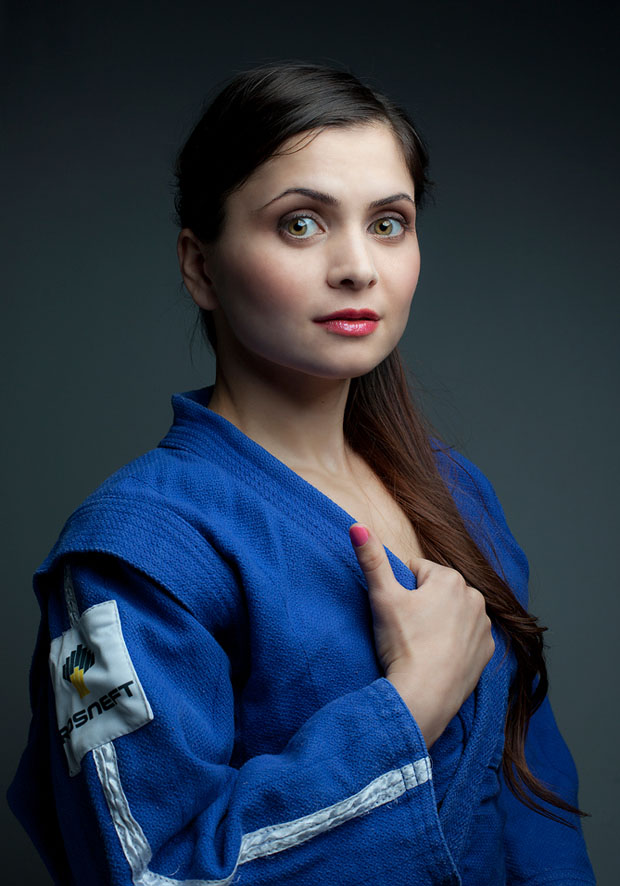
“I’m ready to spend as much time in the gym as possible. This is not because it's necessary, but because I want it. My dream is to win the gold medal in the European Championship and I’m sure I can do it!”.
Daniel Ventura García (Mexico):
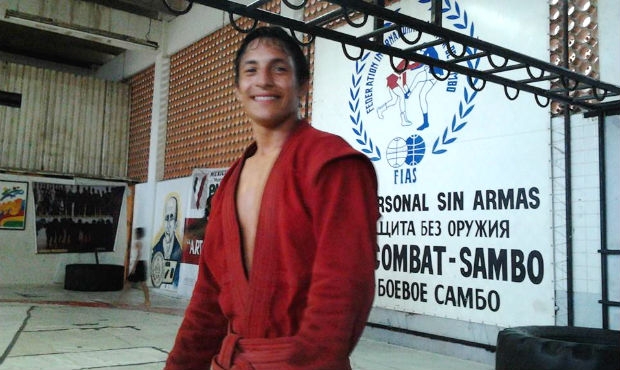
“I live a very active and dynamic life: I get up, go to work and work out in the evening. After that I spend some time with my family. I work out six days a week for three hours and after my workout I manage to get home before my daughters go to bed. My wife Karla helps me in everything – she is my angel. The only thing I want at the end of the day is to have some sleep because rest is very important for achievement of goals.”
-
Did you see it? 12 AprilCongratulations on Cosmonautics Day from test cosmonaut, master of sports in sambo Oleg Artemyev
-
Did you see it? 10 AprilDimitar Dimitrov conducted a master class in Brussels
-
Did you see it? 28 AugustAustralian sambist visited the International SAMBO Center and spoke about her plans to compete at the Olympics
- Watch African Sambo Championships 2024 in Cairo, Egypt 11 June 2024
-
Competitions 26 JulySAMBO Cup of the President of NOC of Armenia Tsarukyan with a Prize Fund for the Winners will be held in Yerevan for the Second Time
-
Personalities 25 JulyBolat SAPAR: “Achilles lock is my signature move”
-
Competitions 24 JulyRegulations of the World Beach SAMBO Championships have been published
- Watch World Sambo Championships 2022. Bishkek, Kyrgyzstan 17 November 2022
-
Competitions 26 JulySAMBO Cup of the President of NOC of Armenia Tsarukyan with a Prize Fund for the Winners will be held in Yerevan for the Second Time
-
Personalities 25 JulyBolat SAPAR: “Achilles lock is my signature move”
-
Competitions 24 JulyRegulations of the World Beach SAMBO Championships have been published
